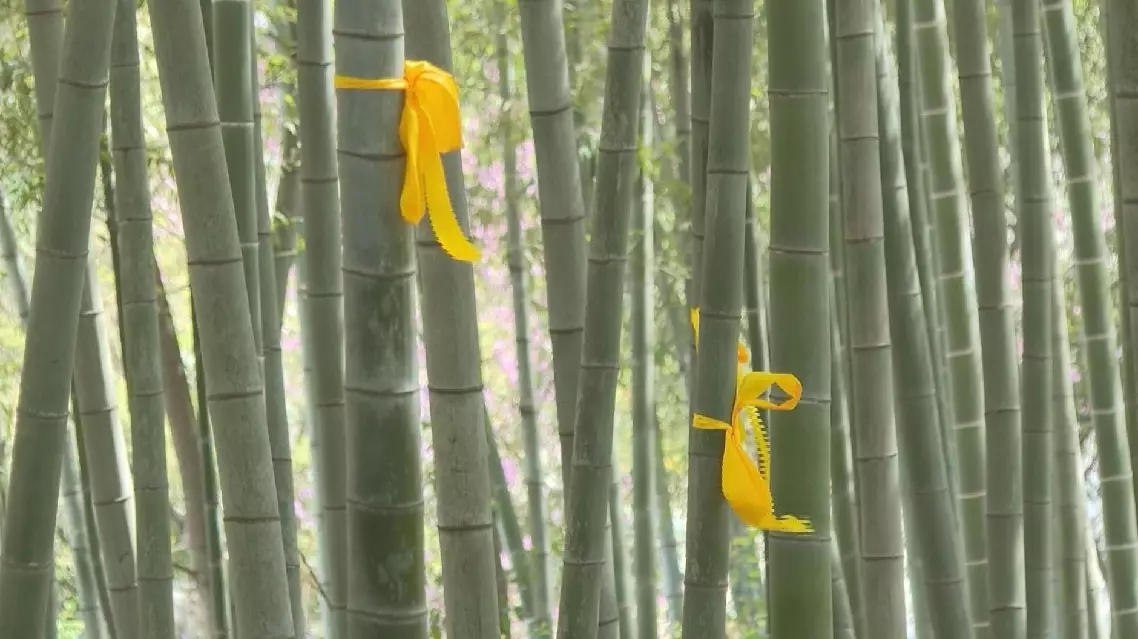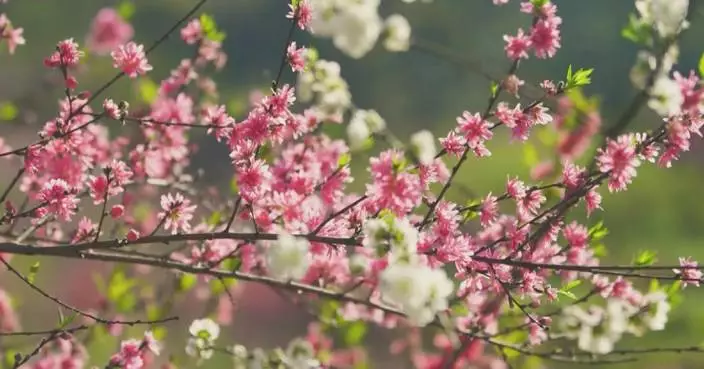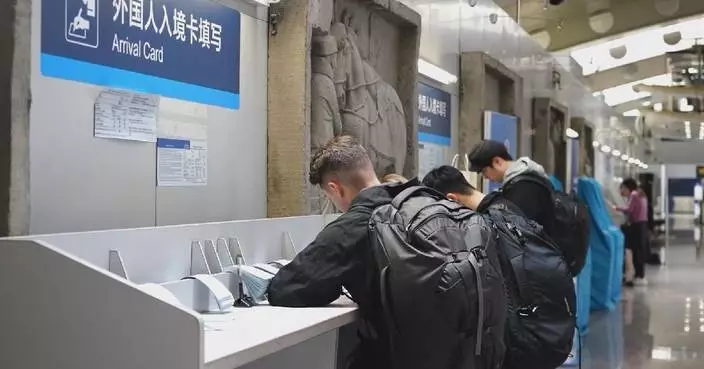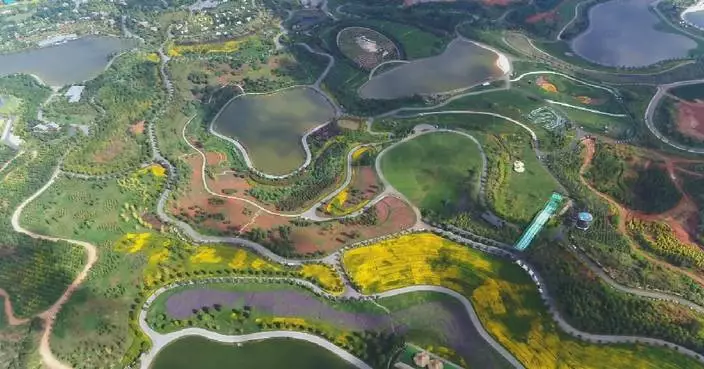The central Chinese province of Hunan has been helping send fresh flowers from Kenya to customers all over China and even to Uzbekistan as the country keeps rolling out favorable trade policies for African countries and steadily increasing import from the continent.
Hunan, as one of China's most active provinces in Sino-African trade, is capable of importing flowers from Nairobi within just about 17 hours.
The flowers in the store of Huang Zinan, a Chinese Kenyan flower dealer, maintained original fresh appearance even after traveling as far as 7,000 kilometers.
"Since last year we have been selling about 100,000 flowers monthly, mostly to 15 first-tier cities like Beijing, Shanghai, Guangzhou and Shenzhen," she said.
China completed its first entrepot trade for African flowers in July after 400 fresh roses from Kenya were sent to Uzbekistan from a comprehensive bonded area in Changsha, the capital of Hunan Province.
"We can sell them to a third country or countries along the Belt and Road. By increasing trade, we can help create jobs for local farmers and the production of flowers will definitely grow as well," said Huang.
By late June, China has applied zero-tariff to 98 percent of taxable goods from 27 least developed countries in Africa. It also established "green lanes" for African agricultural exports to China and signed 22 protocols regarding the export of agricultural products to China with 14 African countries.
Currently, high-quality characteristic African products like aquatic products, honey, peanuts, soybeans, coffee, and fruit have been imported into Chinese market in a steady flow.

Hunan facilitates Kenyan flowers trade within China, internationally
The concept of eco-friendly burials -- ways of laying loved ones to rest that reduce environmental impact -- has grown in popularity among the Chinese people, especially over the past five years.
In China, eco-friendly burials comprise forms such as lawn burials, flowerbed burials as well as tree burials, which require minimal land. Sea burials and biodegradable urn burials that do not take up any land are also popular options.
Analysts believe eco-friendly burials will help to alleviate the strain on land resources, contribute to environmental protection, and also fulfill people's emotional needs for remembering their departed loved ones. The Ministry of Civil Affairs said in 2024, there were 194,700 ecological burials of ashes across the country, up 67 percent from 2019. Among them, 53,500 were sea burials, an increase of 26 percent over 2019, and 141,200 tree burials, an increase of 90 percent over 2019. Today, 28 provinces in China offer rewards and subsidies to families who choose eco-burials.
"More and more people begin to accept land-saving ecological burial methods. China's land-saving ecological burial methods such as sea burials and tree burials have been on the rise every year. China's land-saving ecological burial facilities have become more full-fledged as local governments have increased their efforts to build these facilities," said Liu Tao, director of the Department of Social Affairs under the Ministry of Civil Affairs.
April 4 marked this year's Qingming Festival, also known as Tomb-Sweeping Day, a traditional Chinese festival for people to pay tribute to the deceased and to worship their ancestors.
During the period around this festival, people often visit graveyards, where they traditionally pay tribute to the dead by offering food and burning incense and paper money.
In recent years, with the support from the government, many have turned to greener practices, such as offering flowers and lighting electric candles. During this year's three-day Qingming Festival holiday from Friday to Sunday, people across China made nearly 54.34 million trips to burial sites, up 14.3 percent from last year.

Eco-friendly burials take root among Chinese people


















































